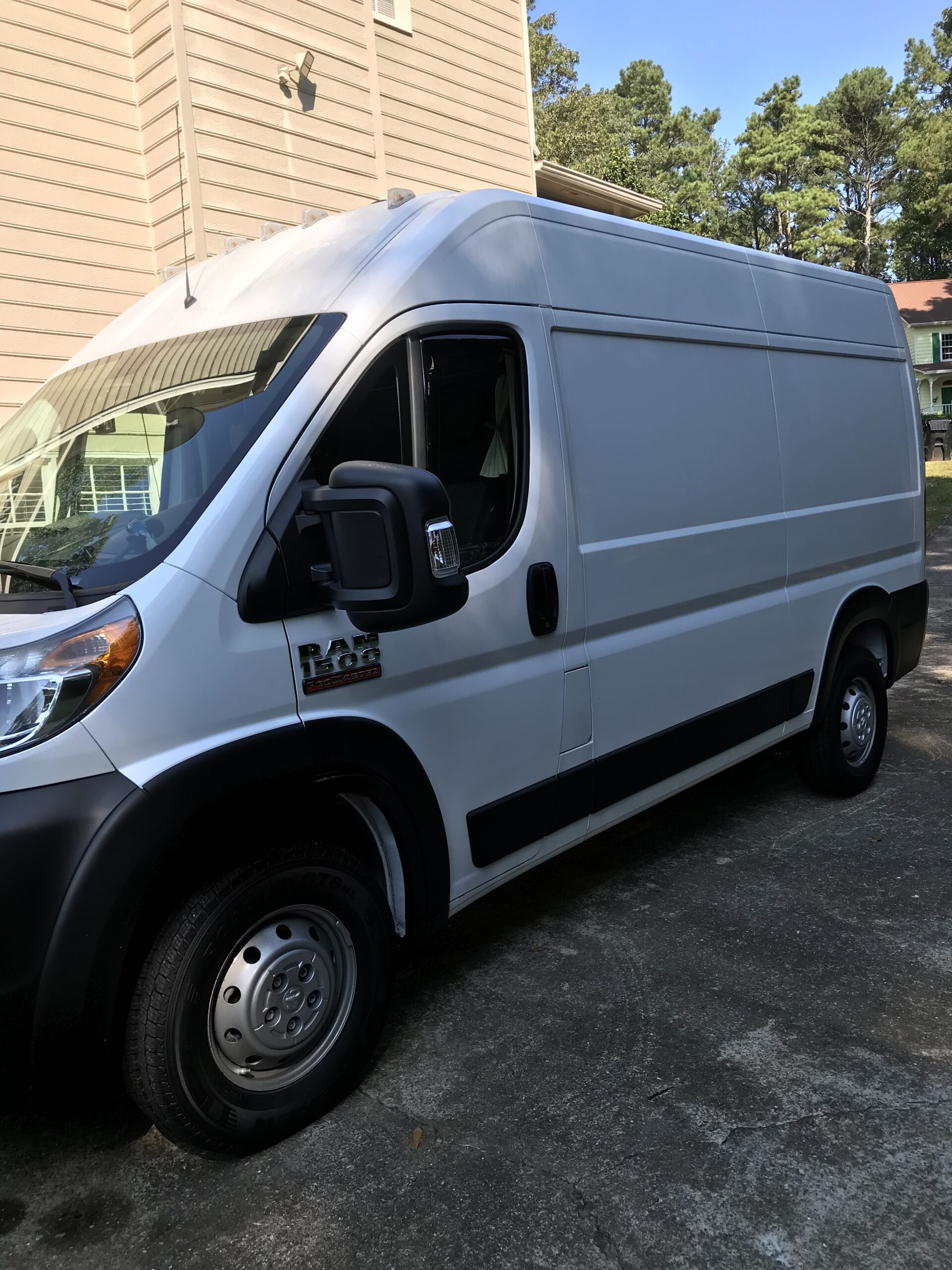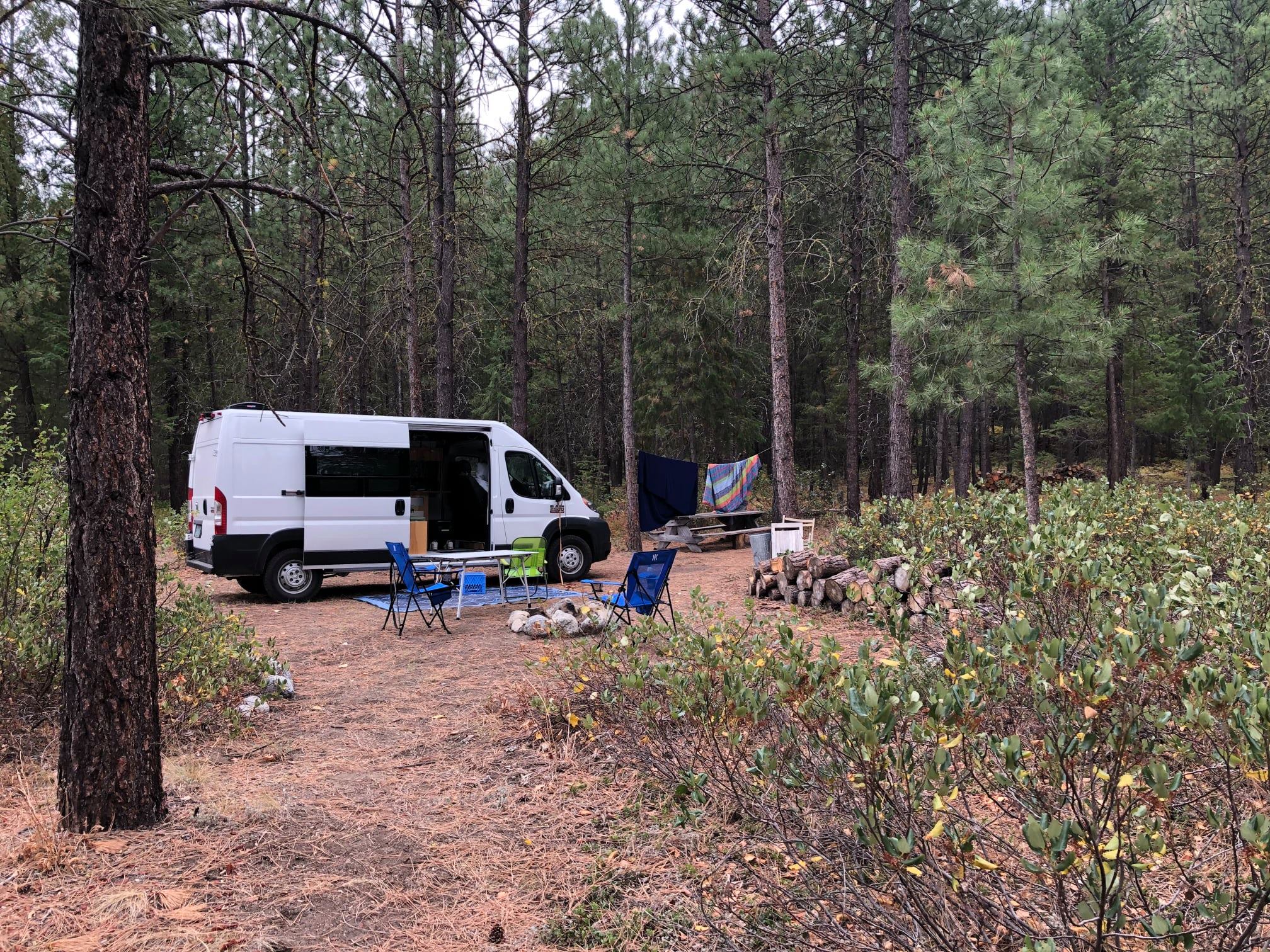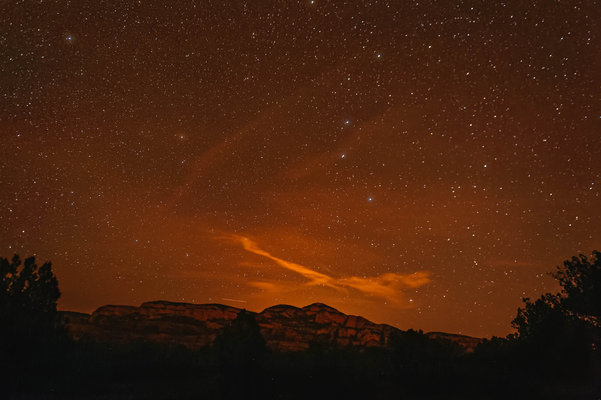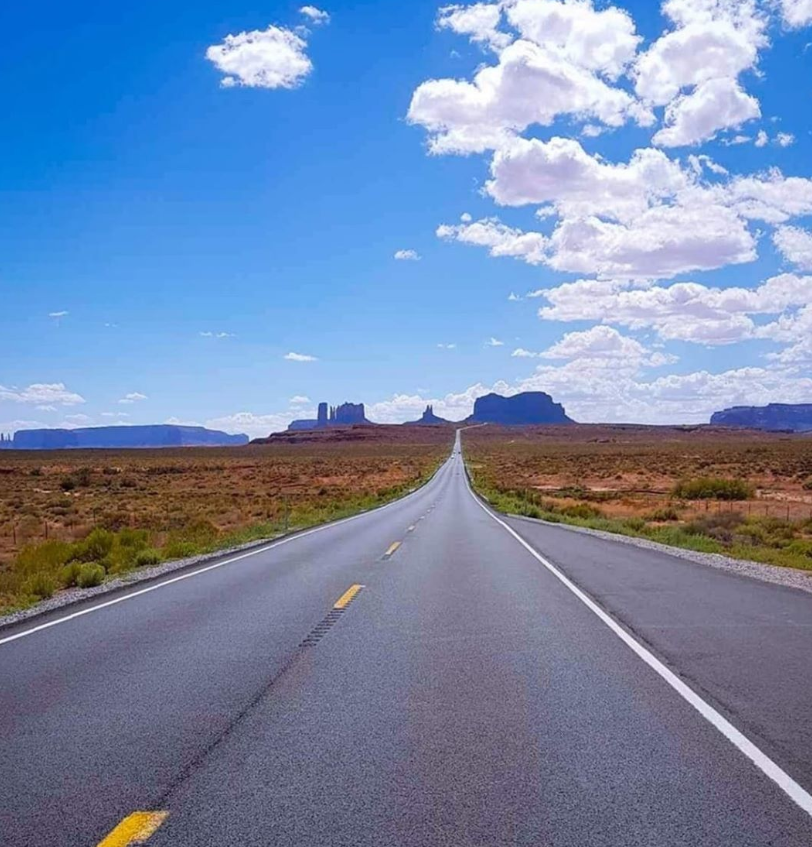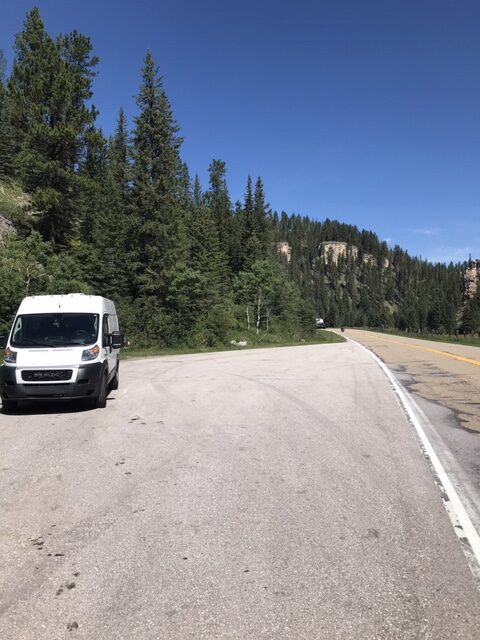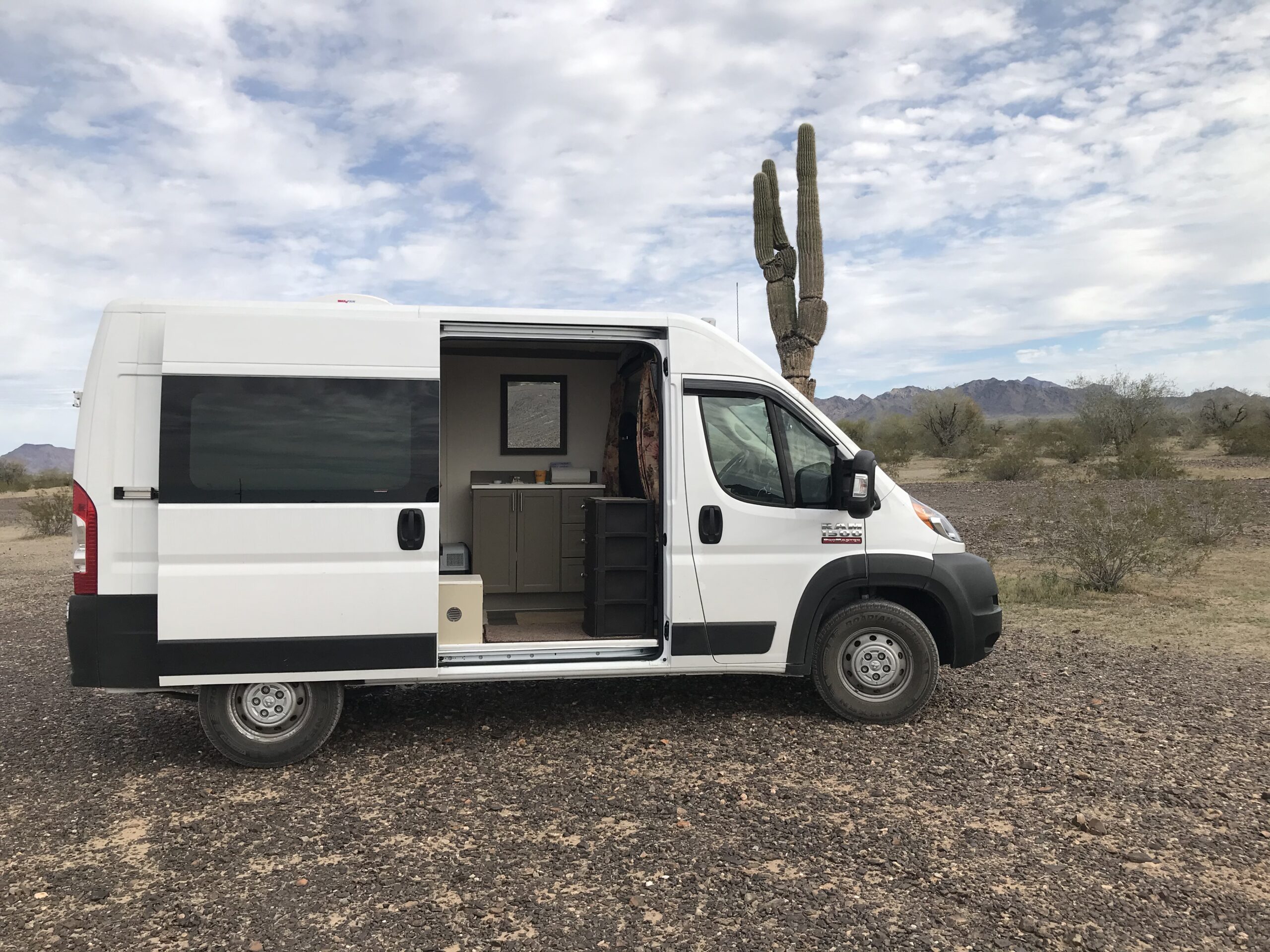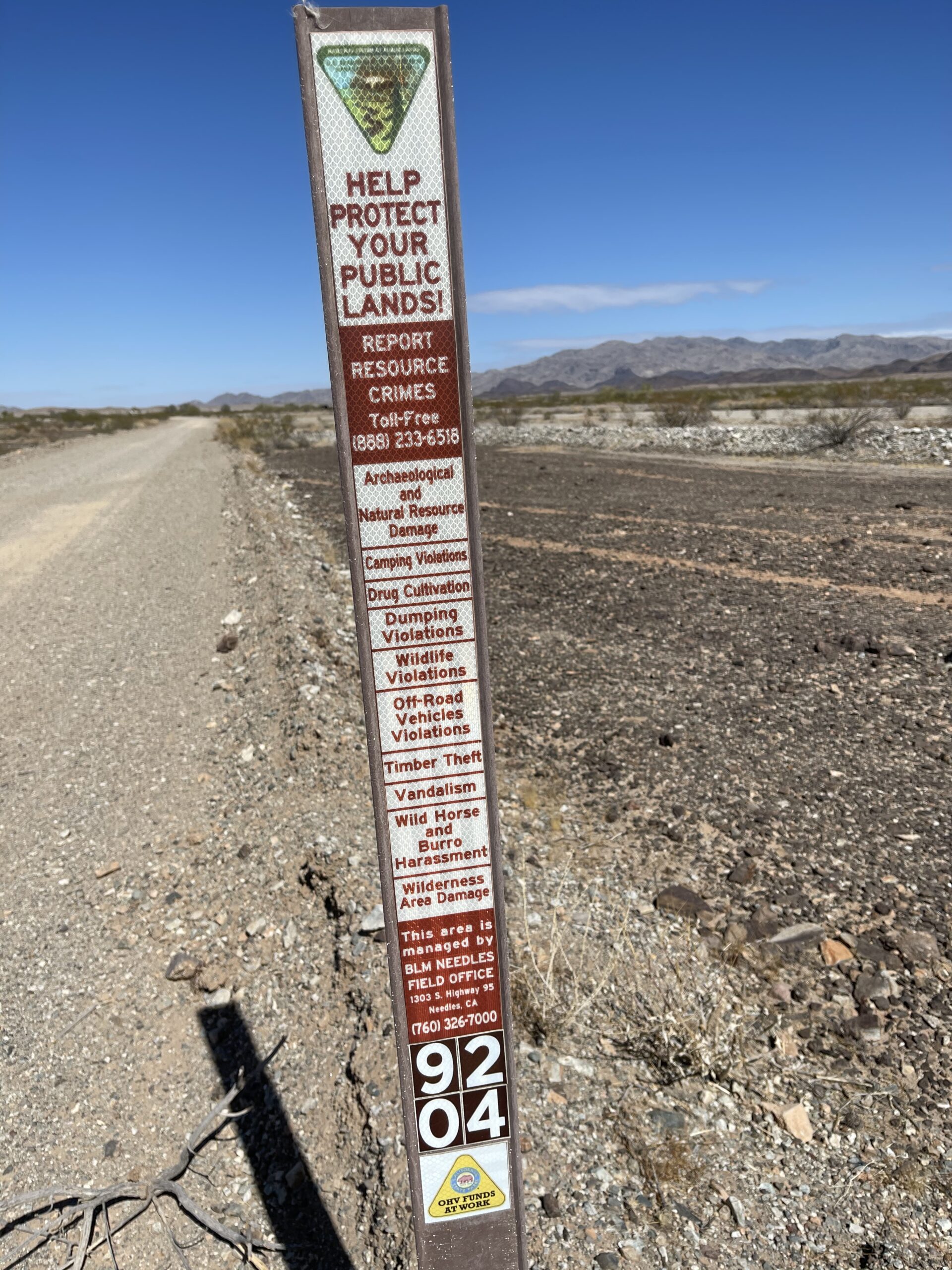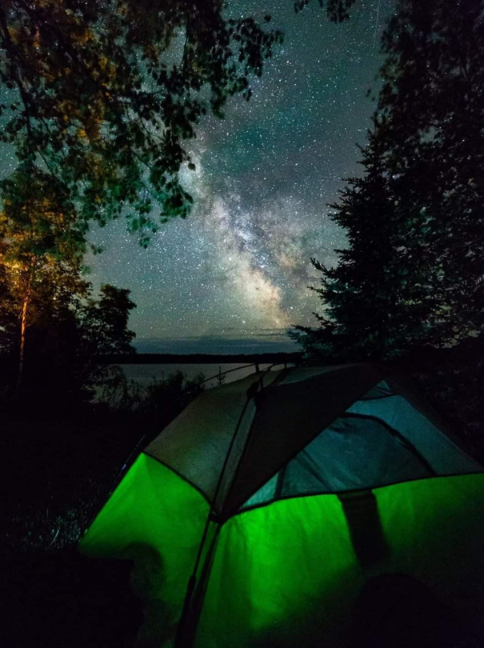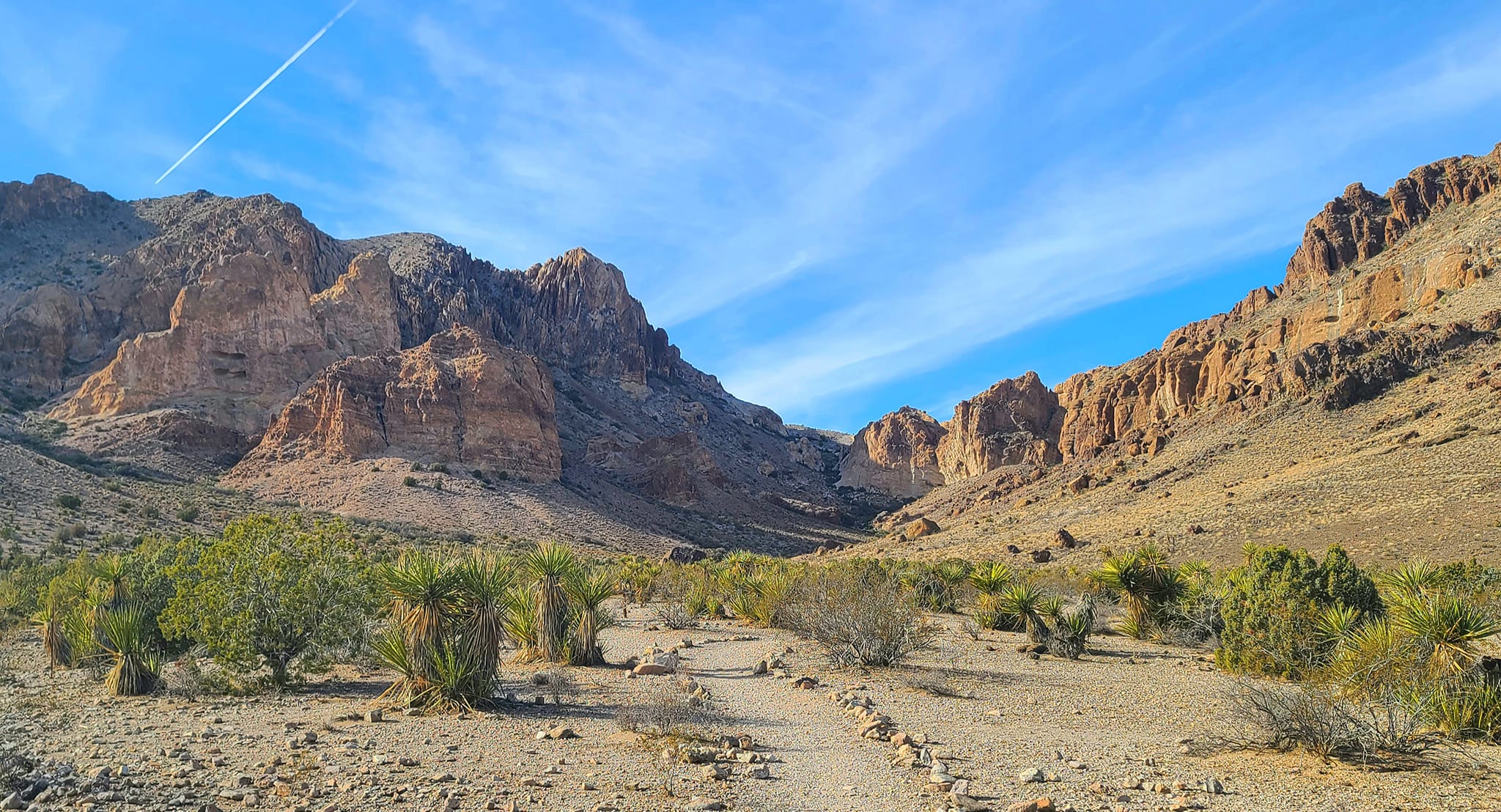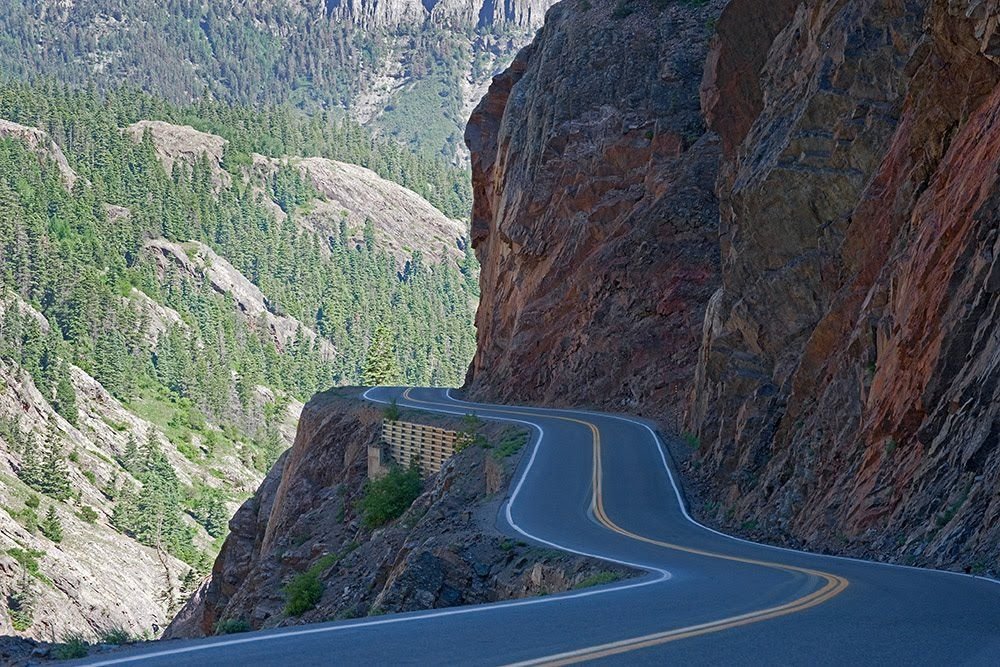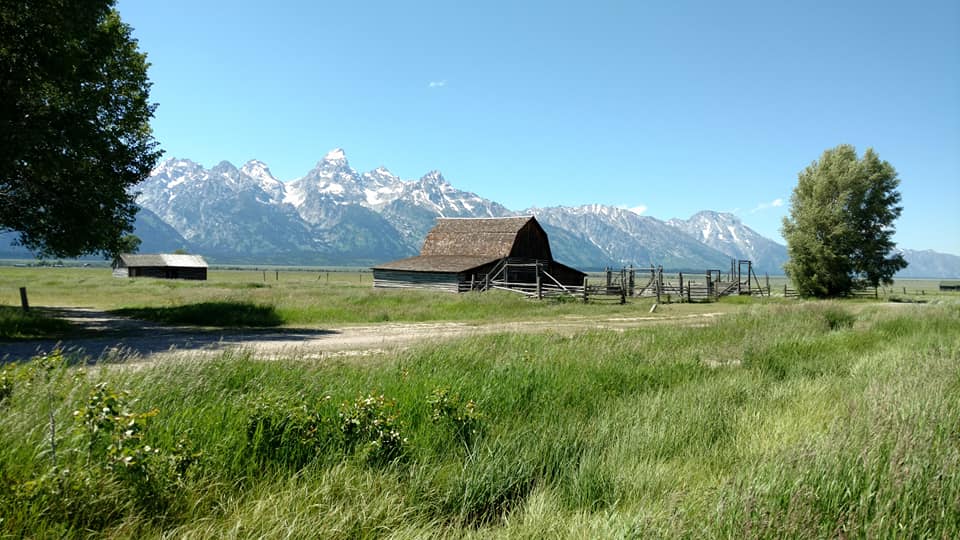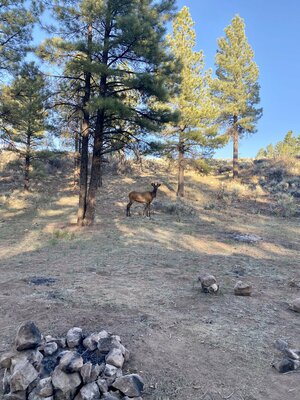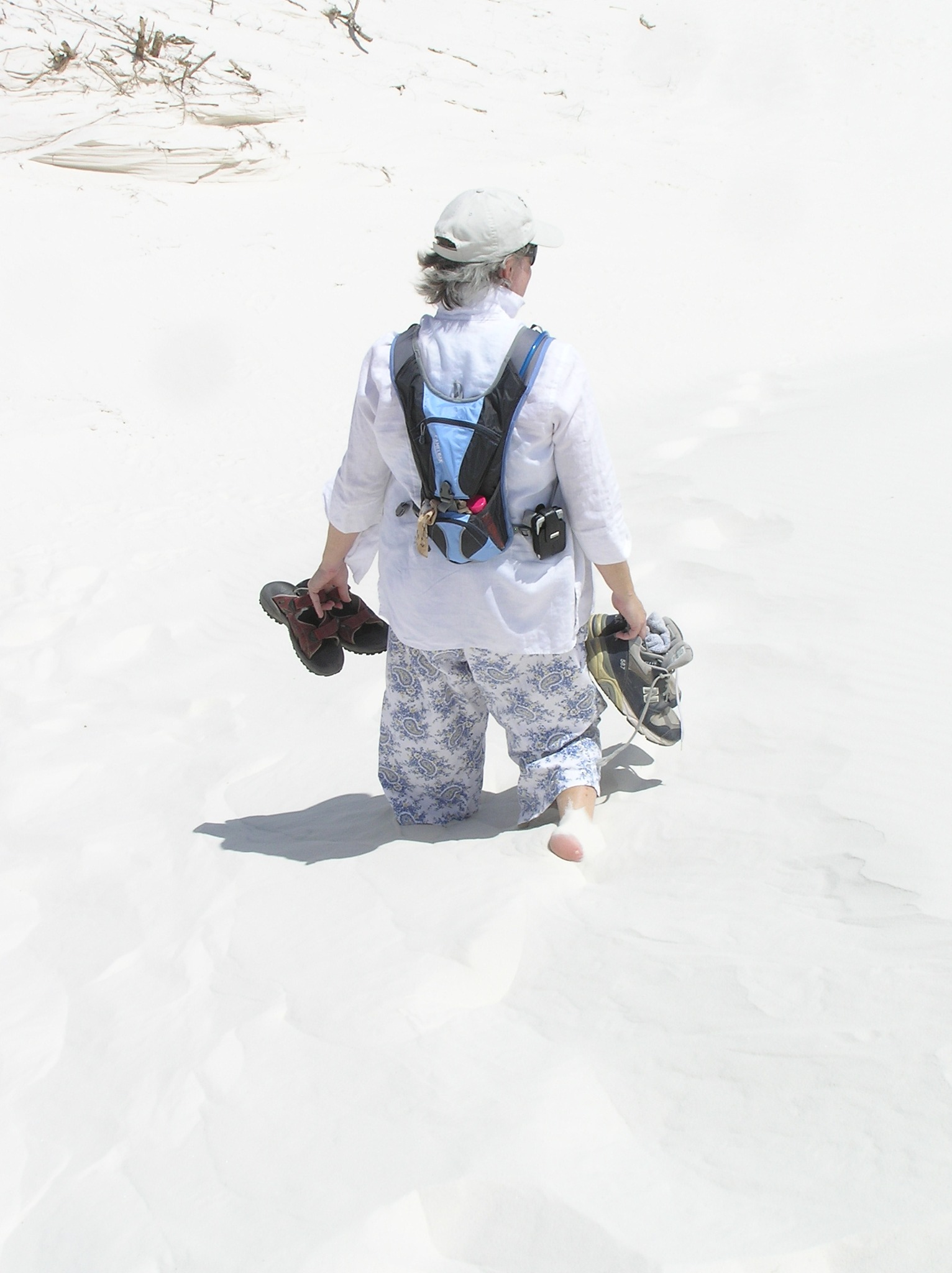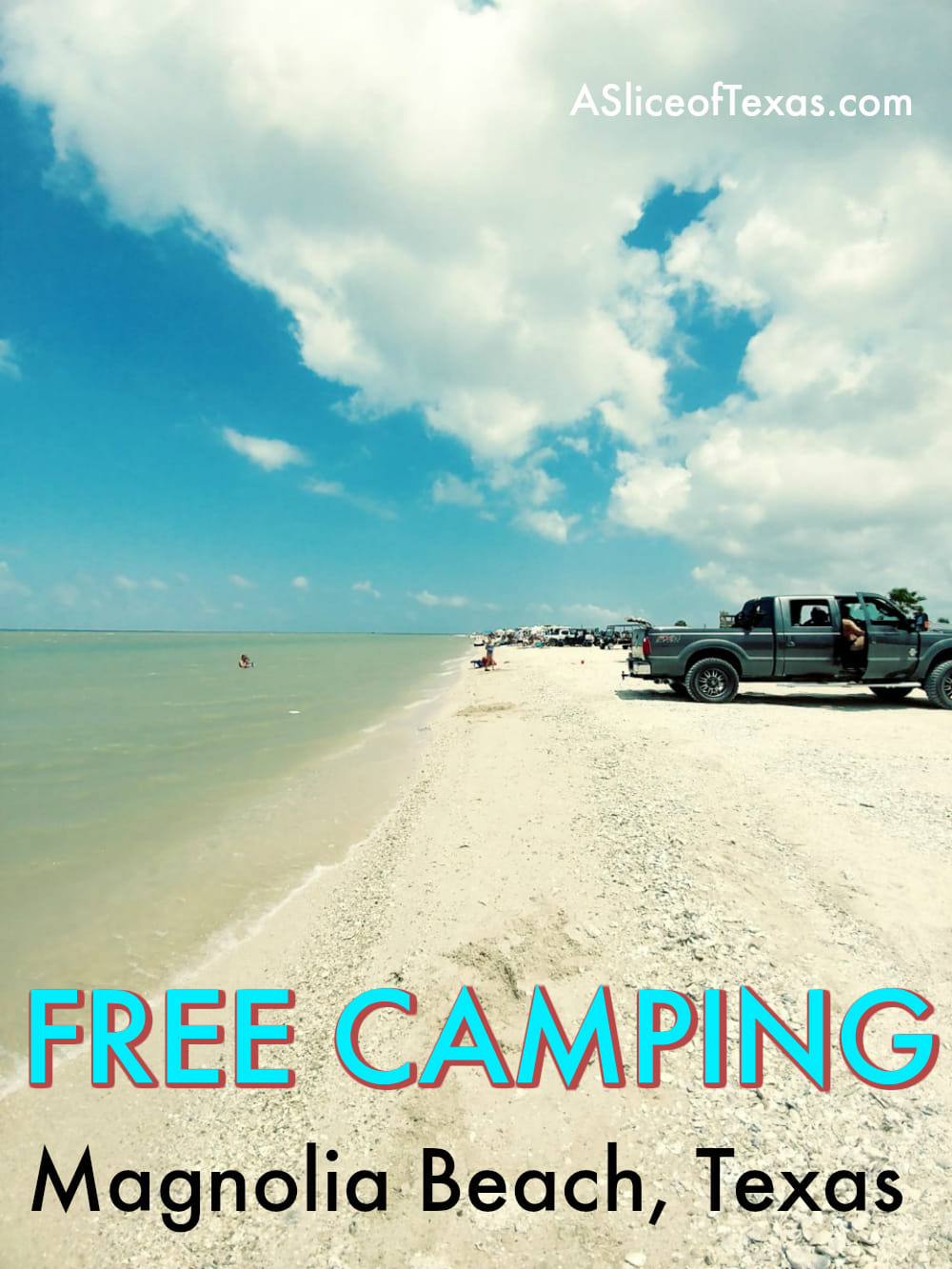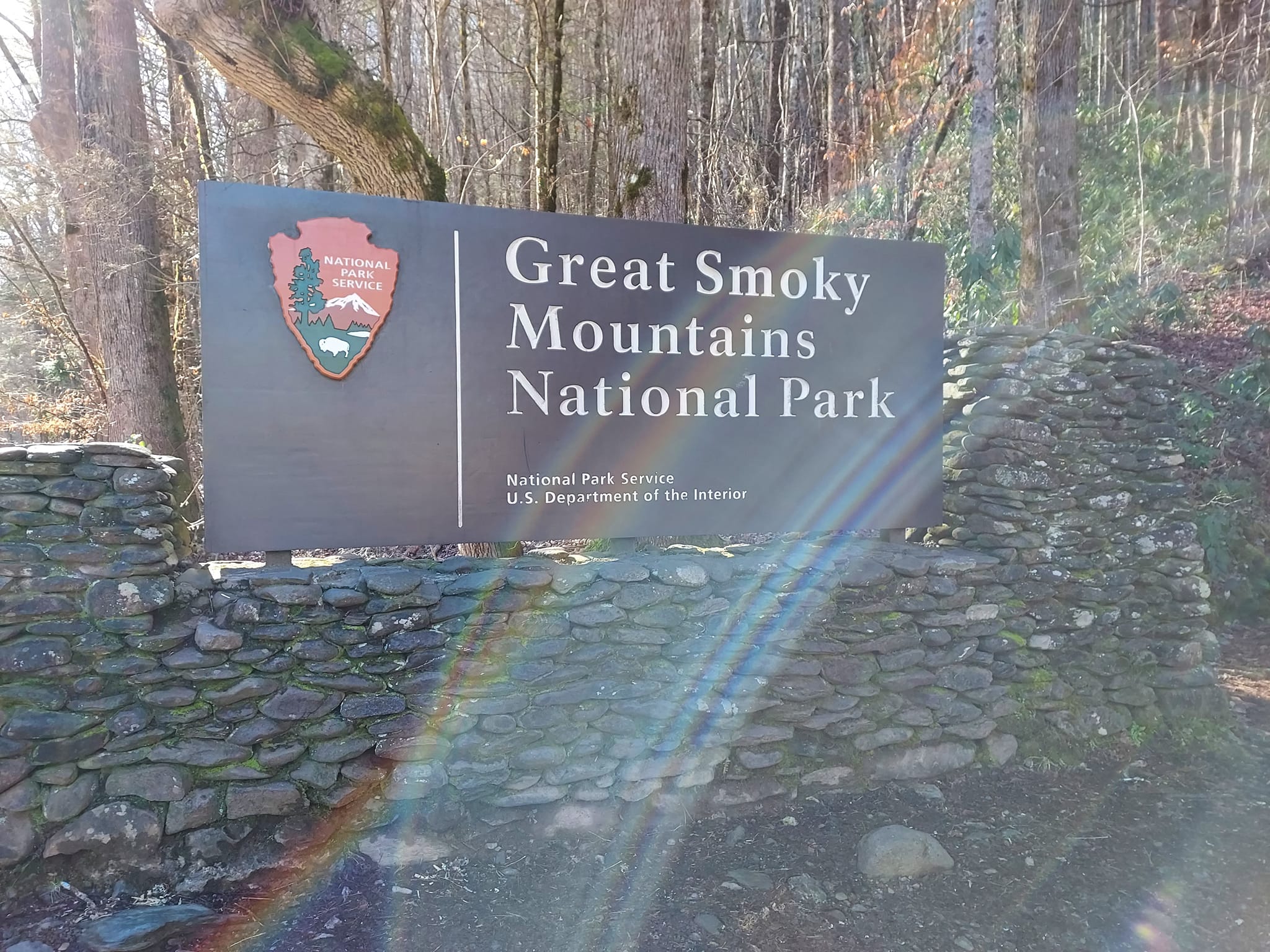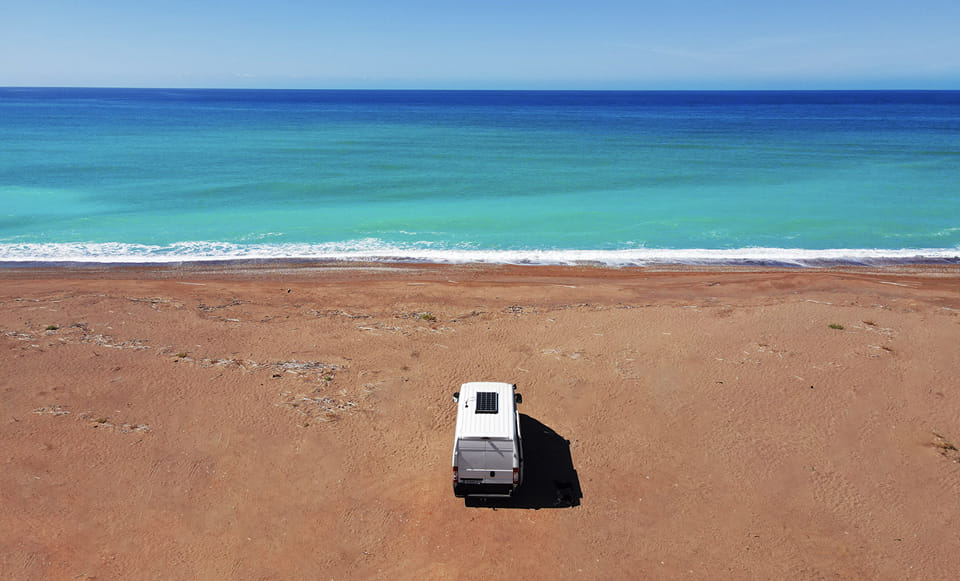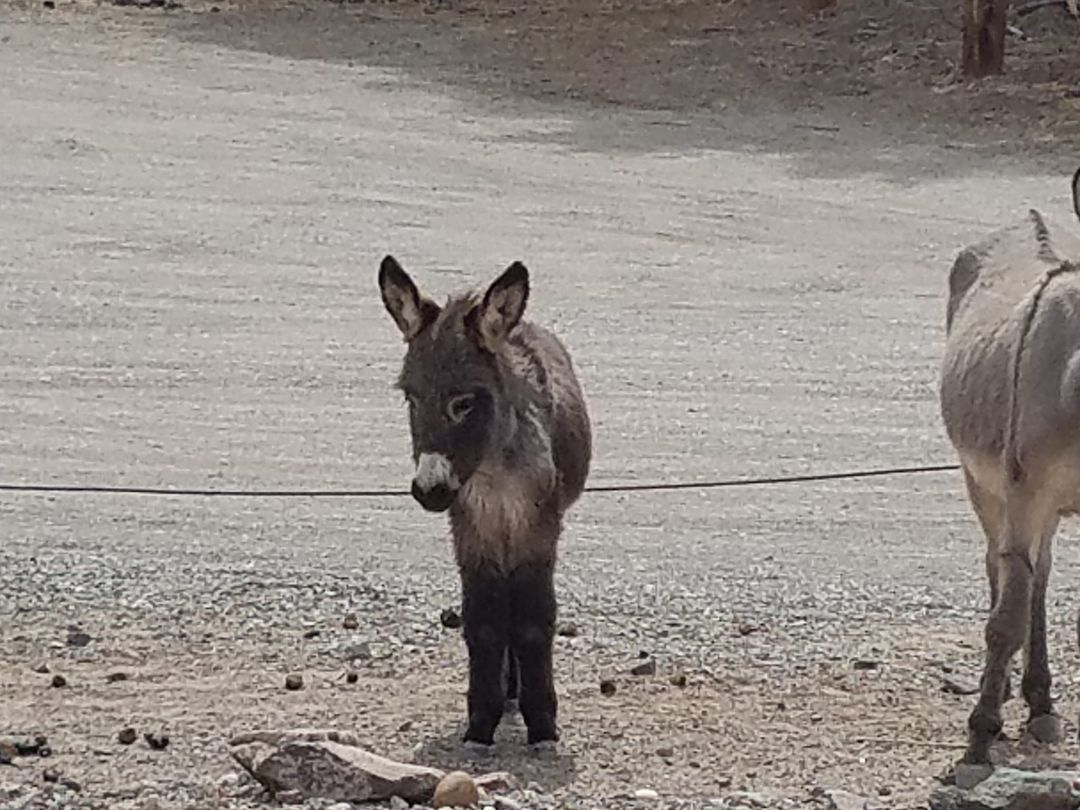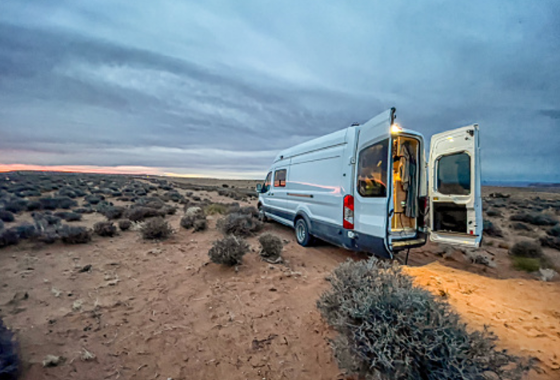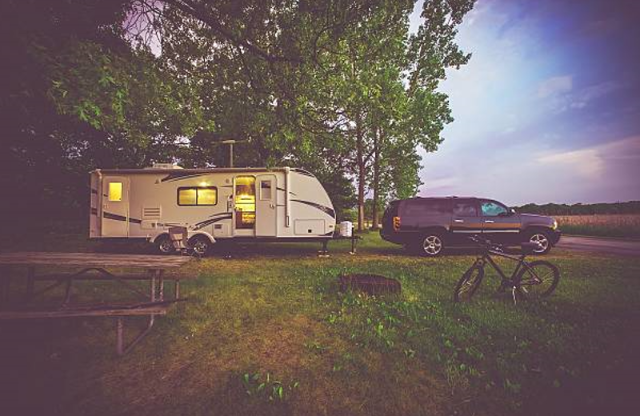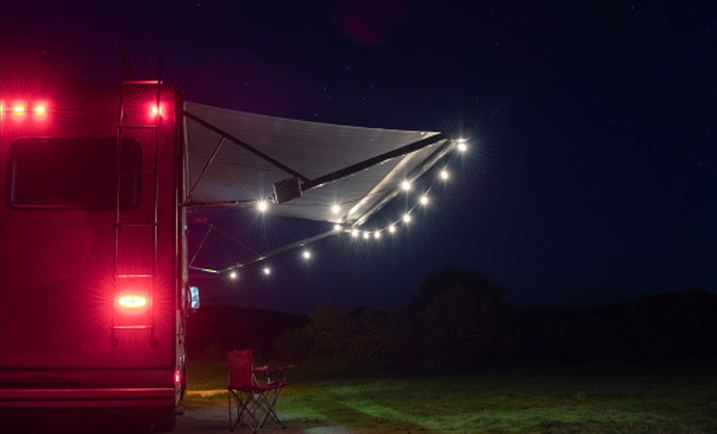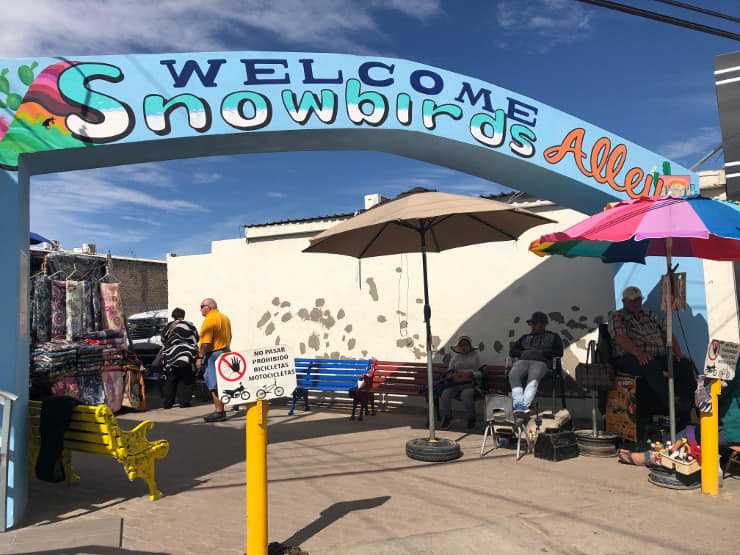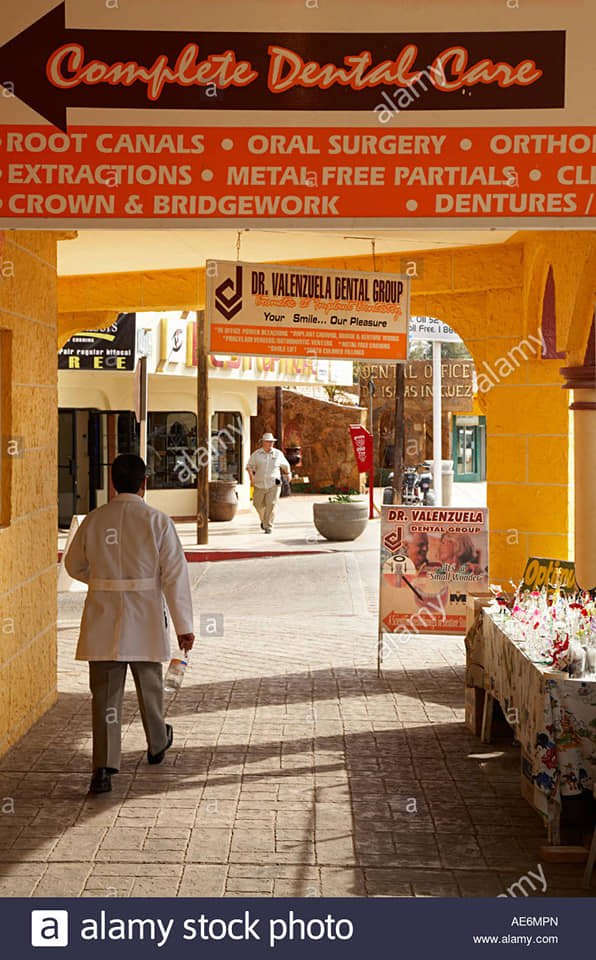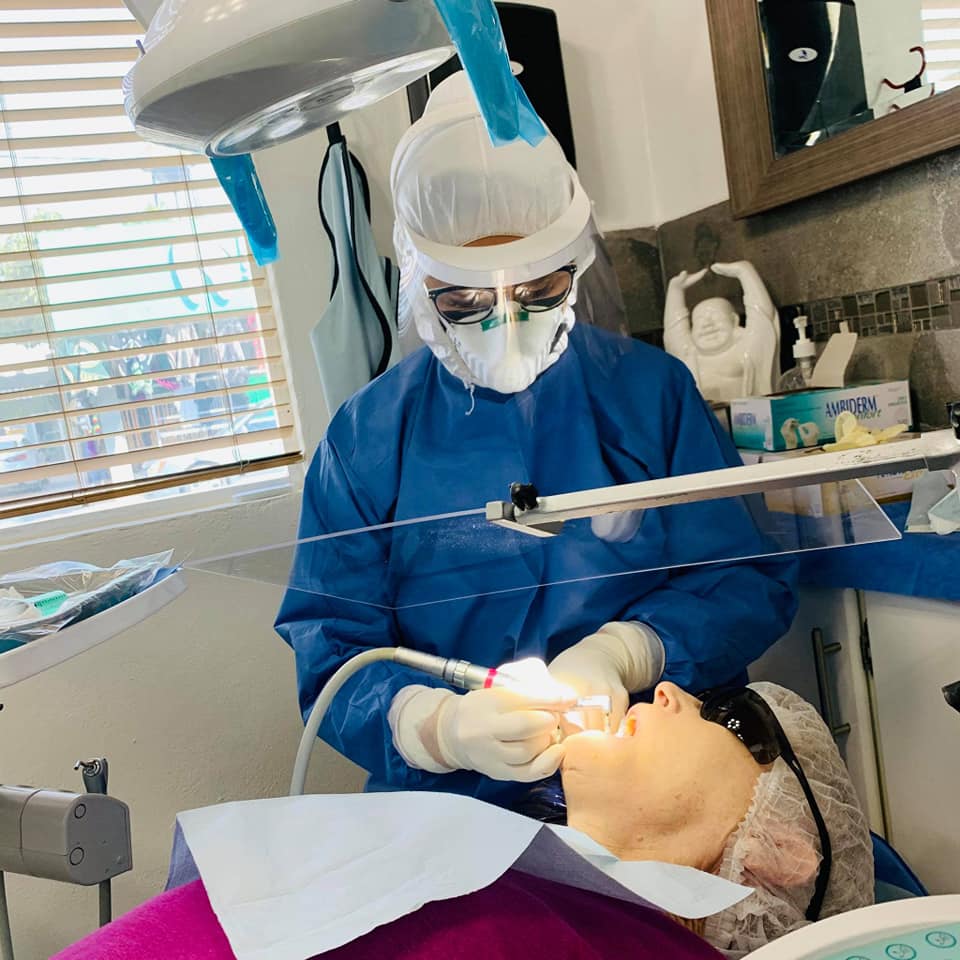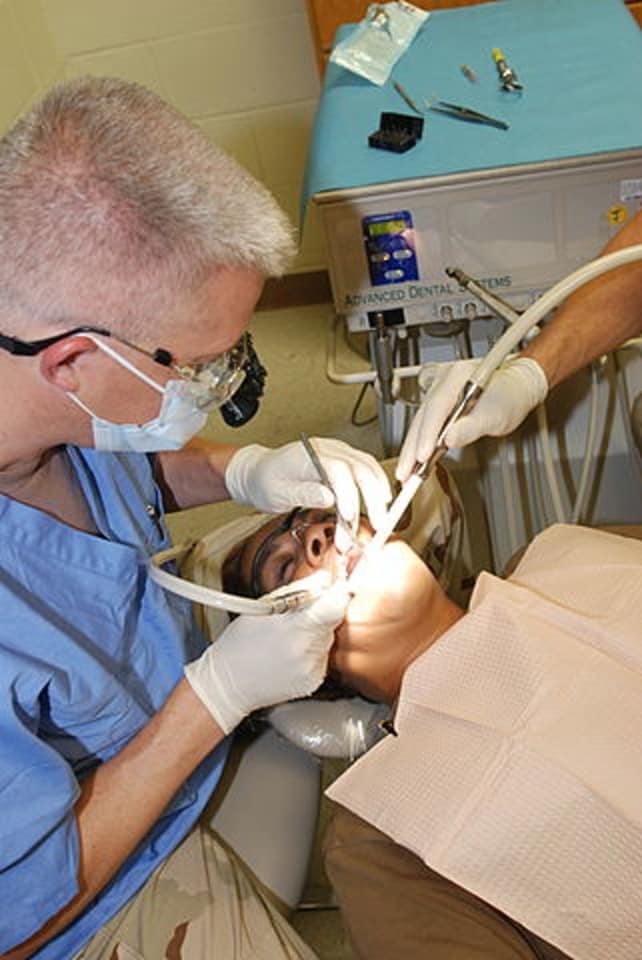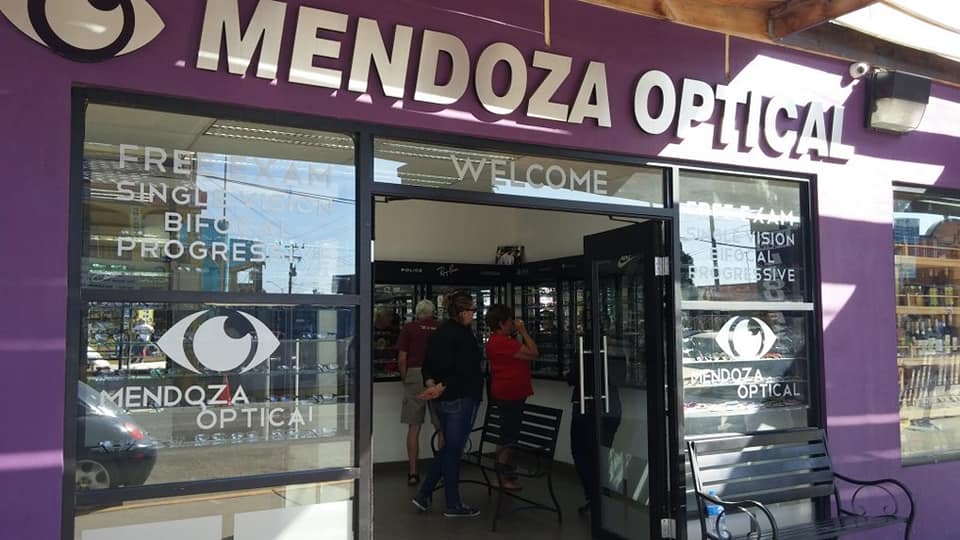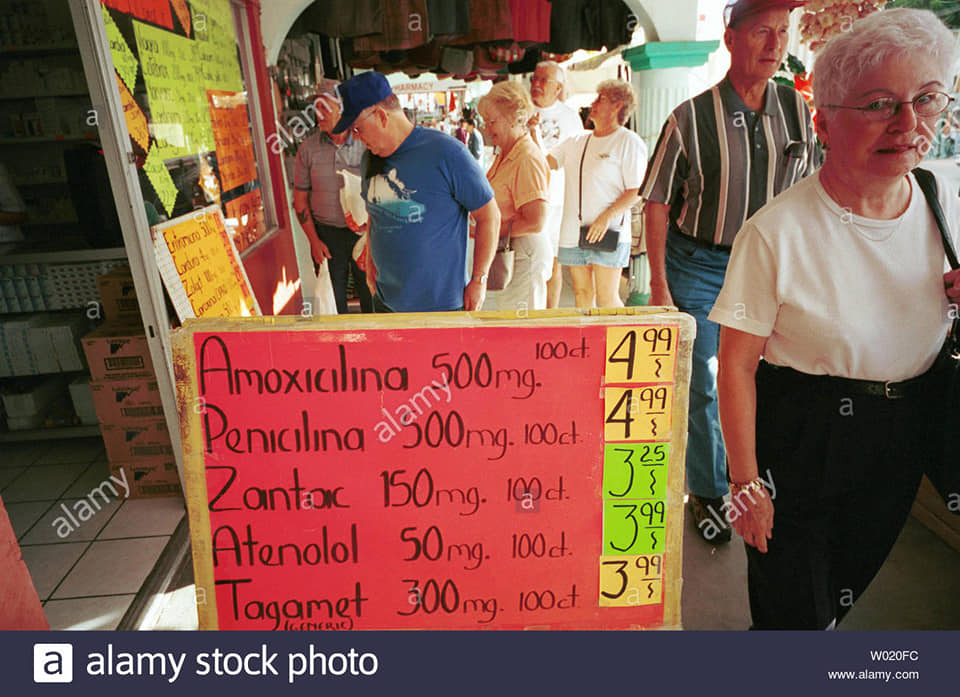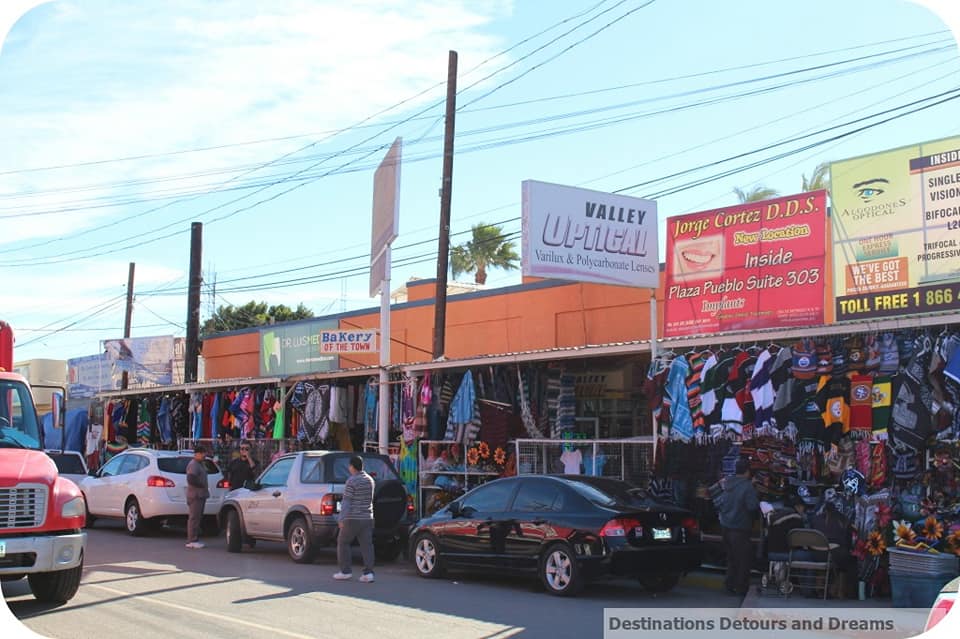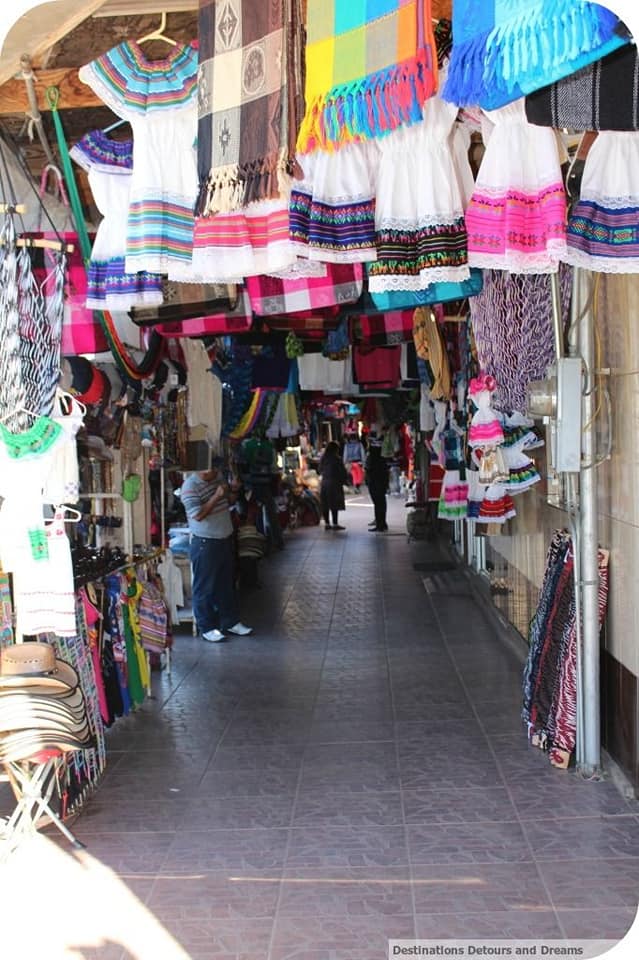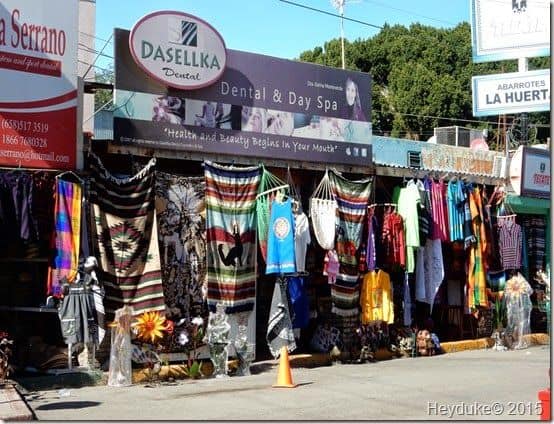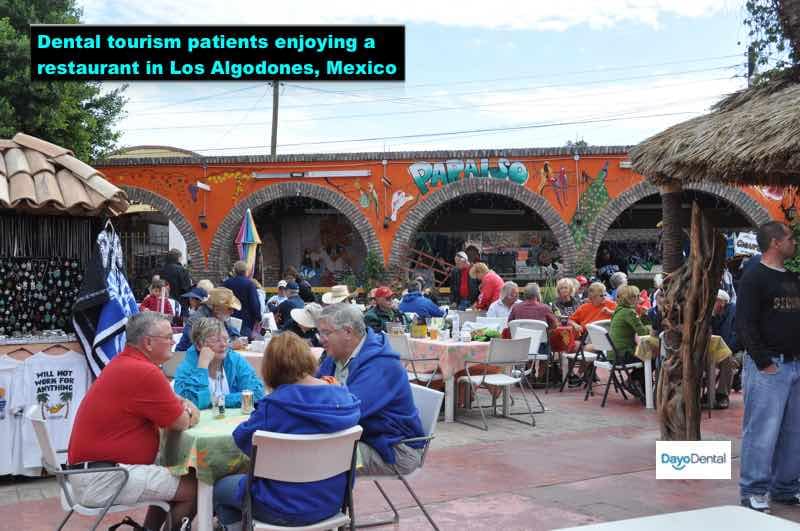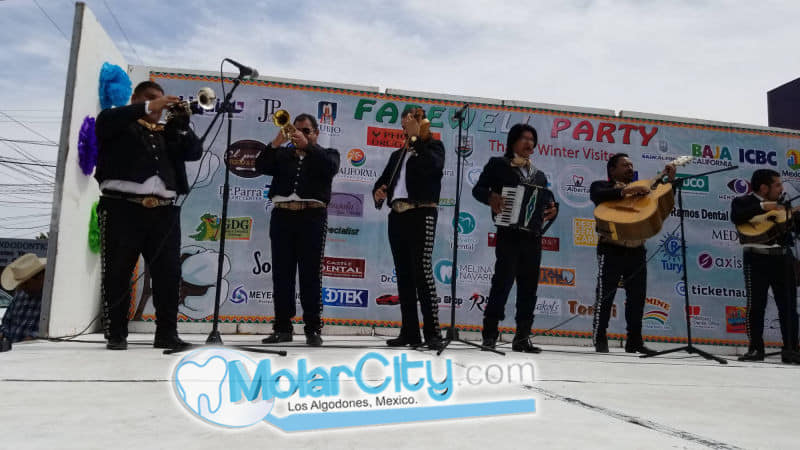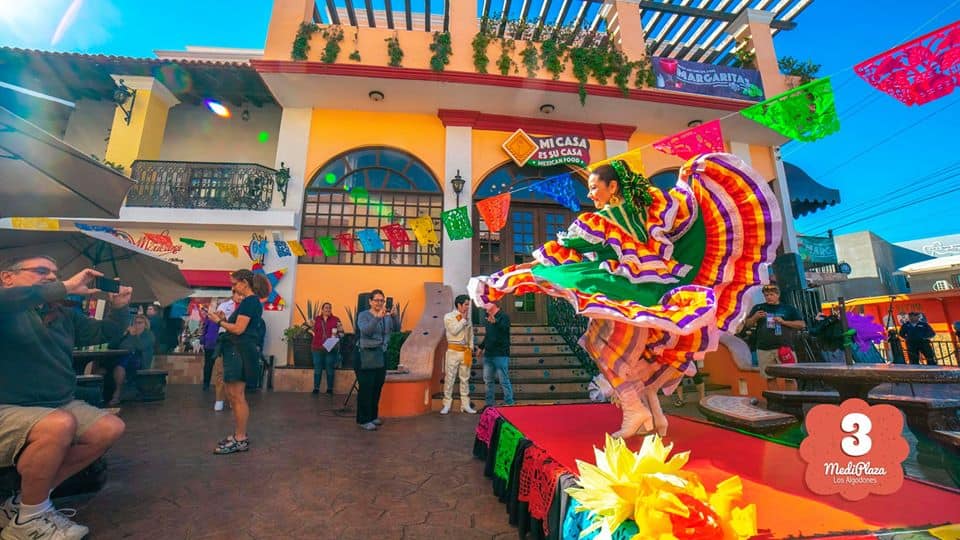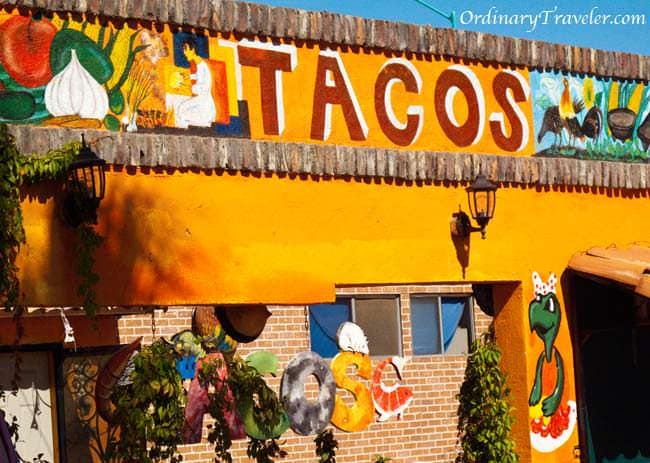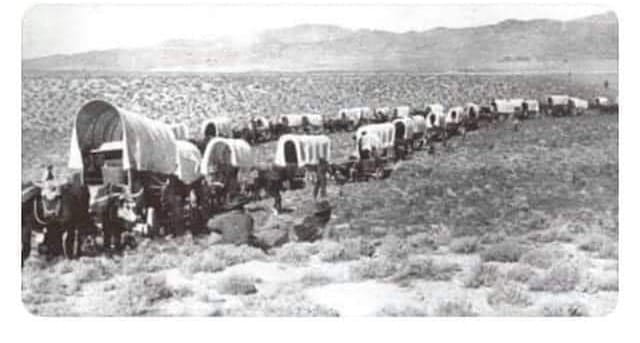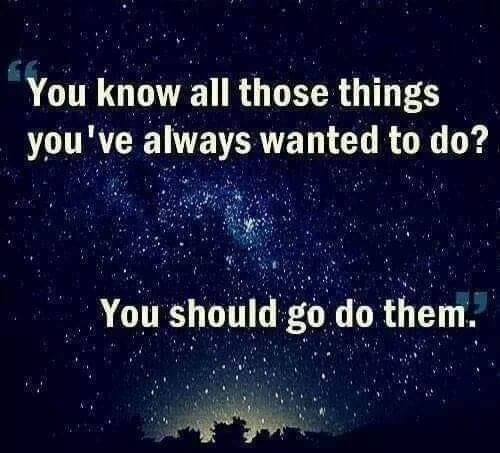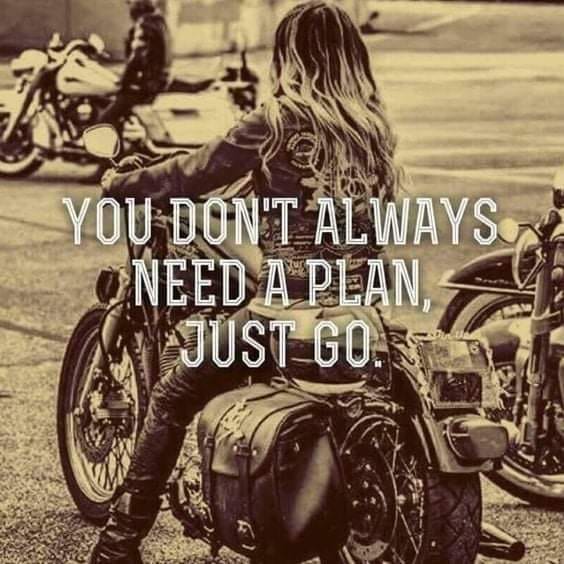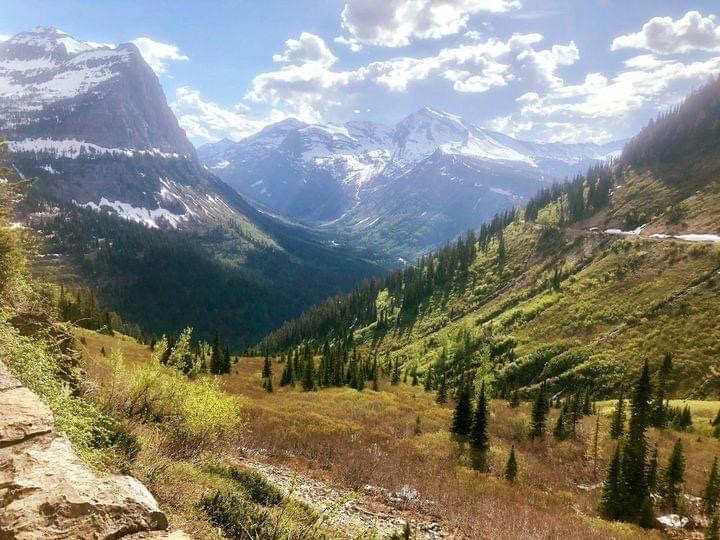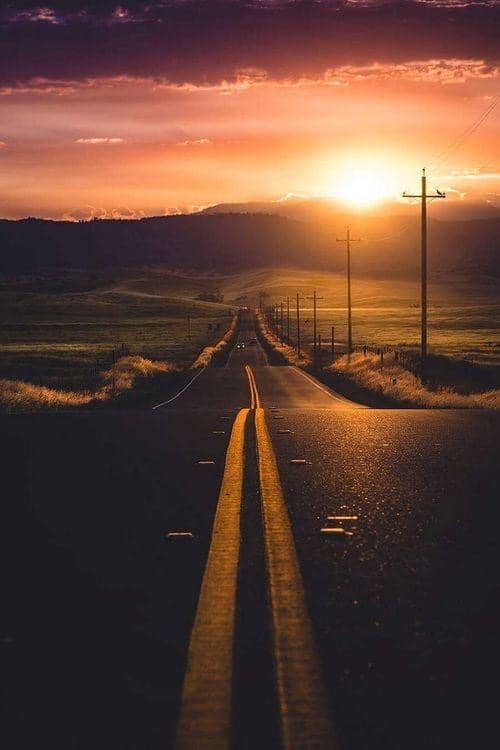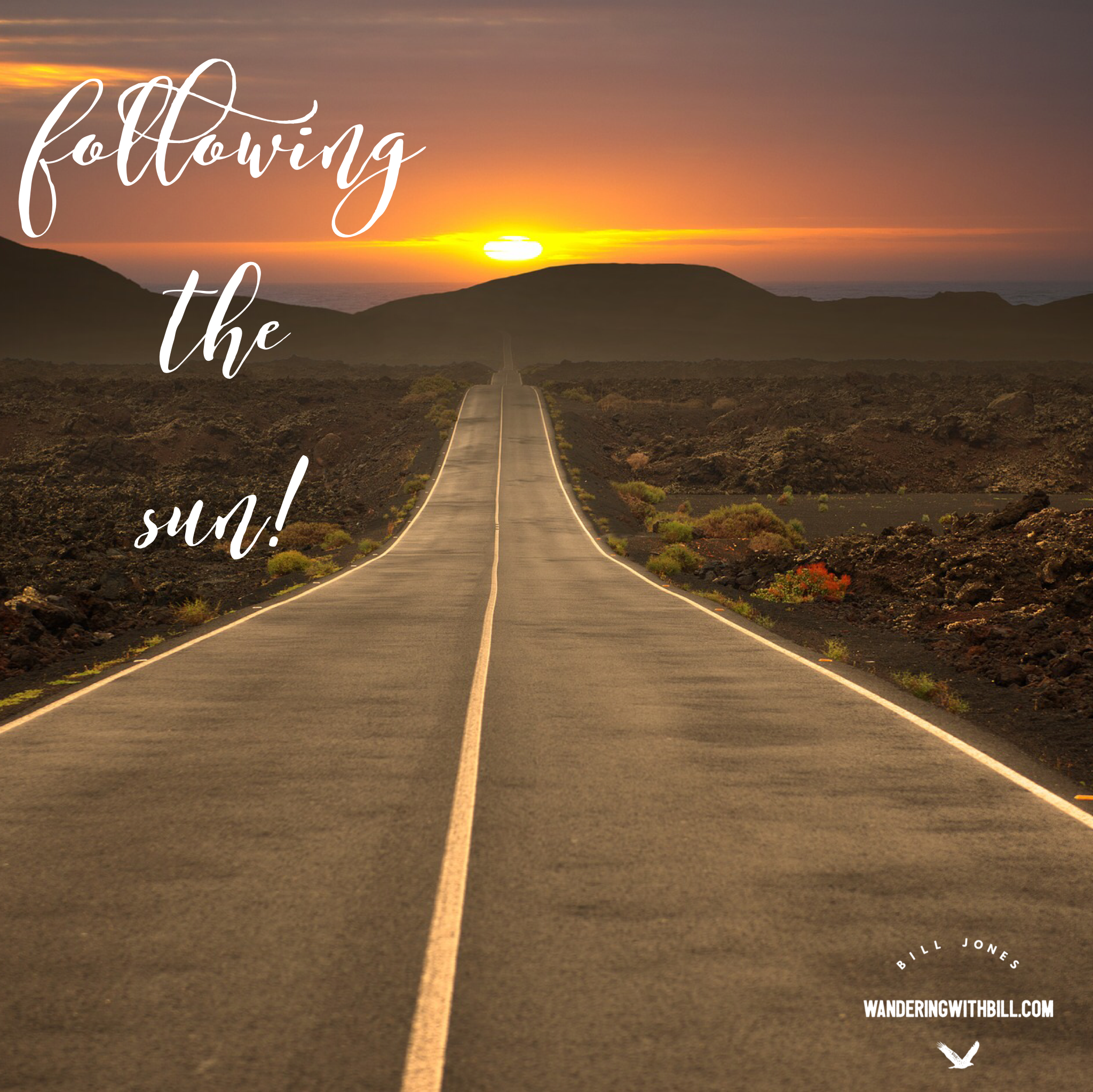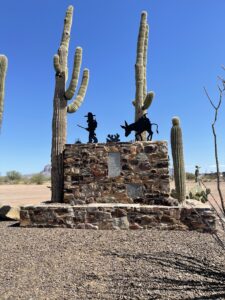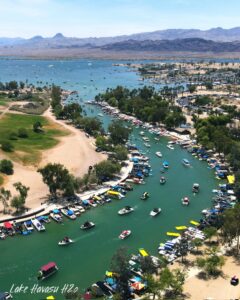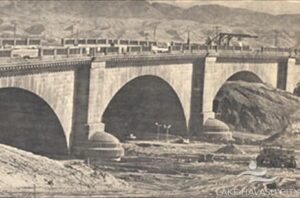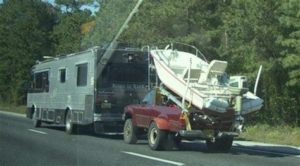Boondocking is a term for camping in an RV without any hookups to water, electricity, or sewer services. It is a way of enjoying nature and living off the grid. However, boondocking in the Sonoran Desert in Arizona requires some special considerations and preparations. The Sonoran Desert is a vast and arid region that covers parts of Arizona, California, and Mexico. It is home to many unique plants and animals, such as the saguaro cactus, the Gila monster, and the desert tortoise. Boondocking in the Sonoran Desert can be a challenging and rewarding experience, but it also requires careful planning, preparation, and respect for the environment. Here are some tips for boondocking in the Sonoran Desert:
Enjoying vanlife and boondocking in the Sonoran Desert
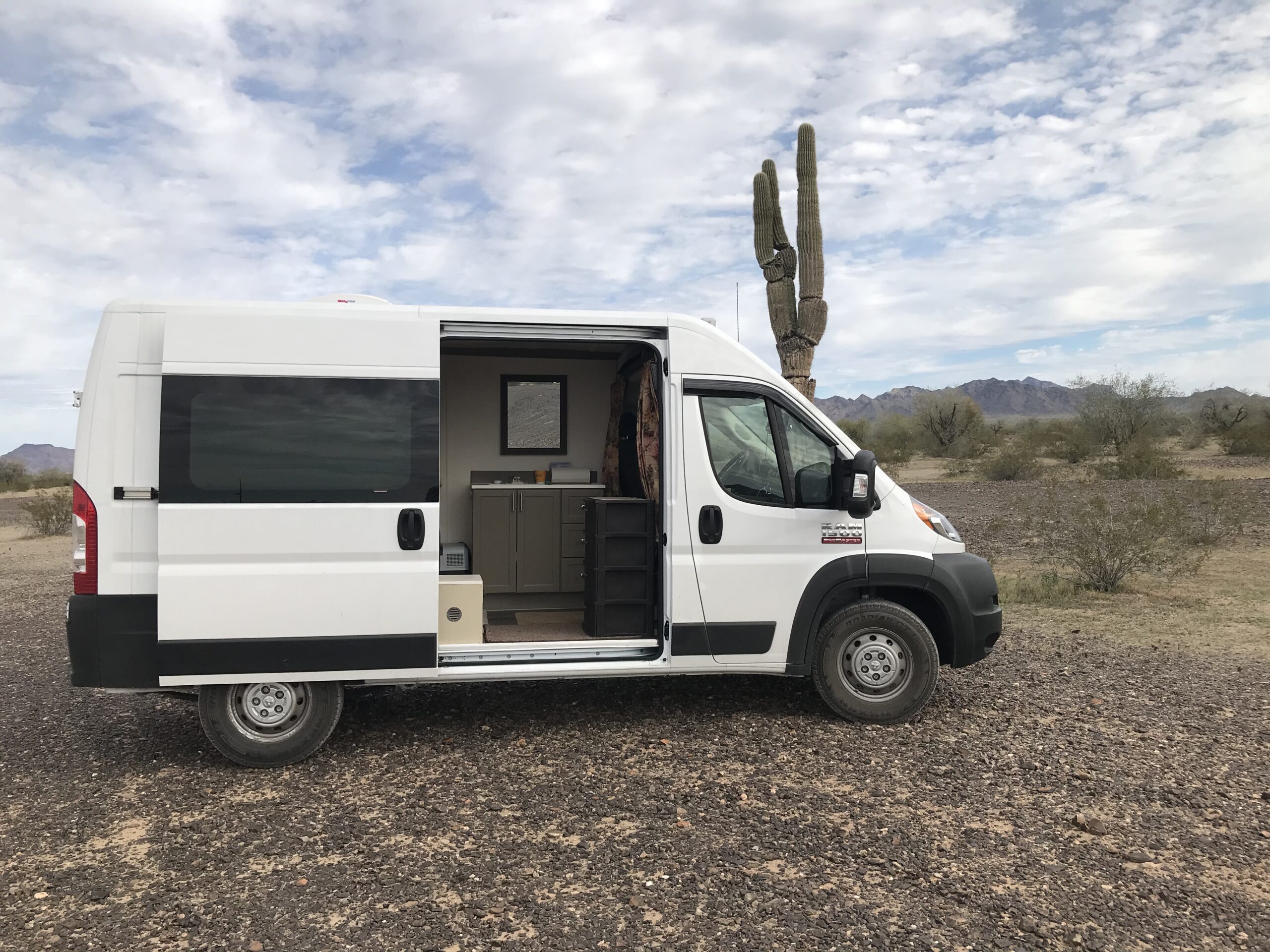 – Water conservation is the number one challenge for desert boondocking. You will be shocked when you see how fast a 55-gallon water tank disappears. Learning how long you can go without replenishing your supplies is a never-ending game. Among many other desert water conservation tips, expect to: Wash dishes with as little water as possible. Reduce water usage by first wiping dirty plates, pans, and utensils with paper towels. Take fewer showers. Baby wipes, sponge baths, and dry shampoo all save gallons of water. Don’t worry about odor.
– Water conservation is the number one challenge for desert boondocking. You will be shocked when you see how fast a 55-gallon water tank disappears. Learning how long you can go without replenishing your supplies is a never-ending game. Among many other desert water conservation tips, expect to: Wash dishes with as little water as possible. Reduce water usage by first wiping dirty plates, pans, and utensils with paper towels. Take fewer showers. Baby wipes, sponge baths, and dry shampoo all save gallons of water. Don’t worry about odor.
Desert boondocking
– Choose a suitable spot for boondocking. There are some great, all-rig-friendly, boondocking spots on BLM (Bureau of Land Management) land just outside the Sonoran Desert National Monument and off I-8. You’ll be south of Phoenix and northwest of Tucson. However, be careful not to run over any of the desert plant life when looking for a spot. Another option is to boondock in Cochise County, nestled in Arizona’s Dragoon Mountains. This area is rich in history and has stunning woodland scenery. However, the road to this spot is rough and rocky, so you need a high clearance vehicle. Be prepared for extreme temperatures and weather conditions. The Sonoran Desert can get very hot during the day and very cold at night. Make sure you have adequate insulation, ventilation, and shade for your RV. Also, check the weather forecast before you go and avoid driving on dirt roads if it has rained within 48 hours.
A majestic sunset in the Sonoran Desert
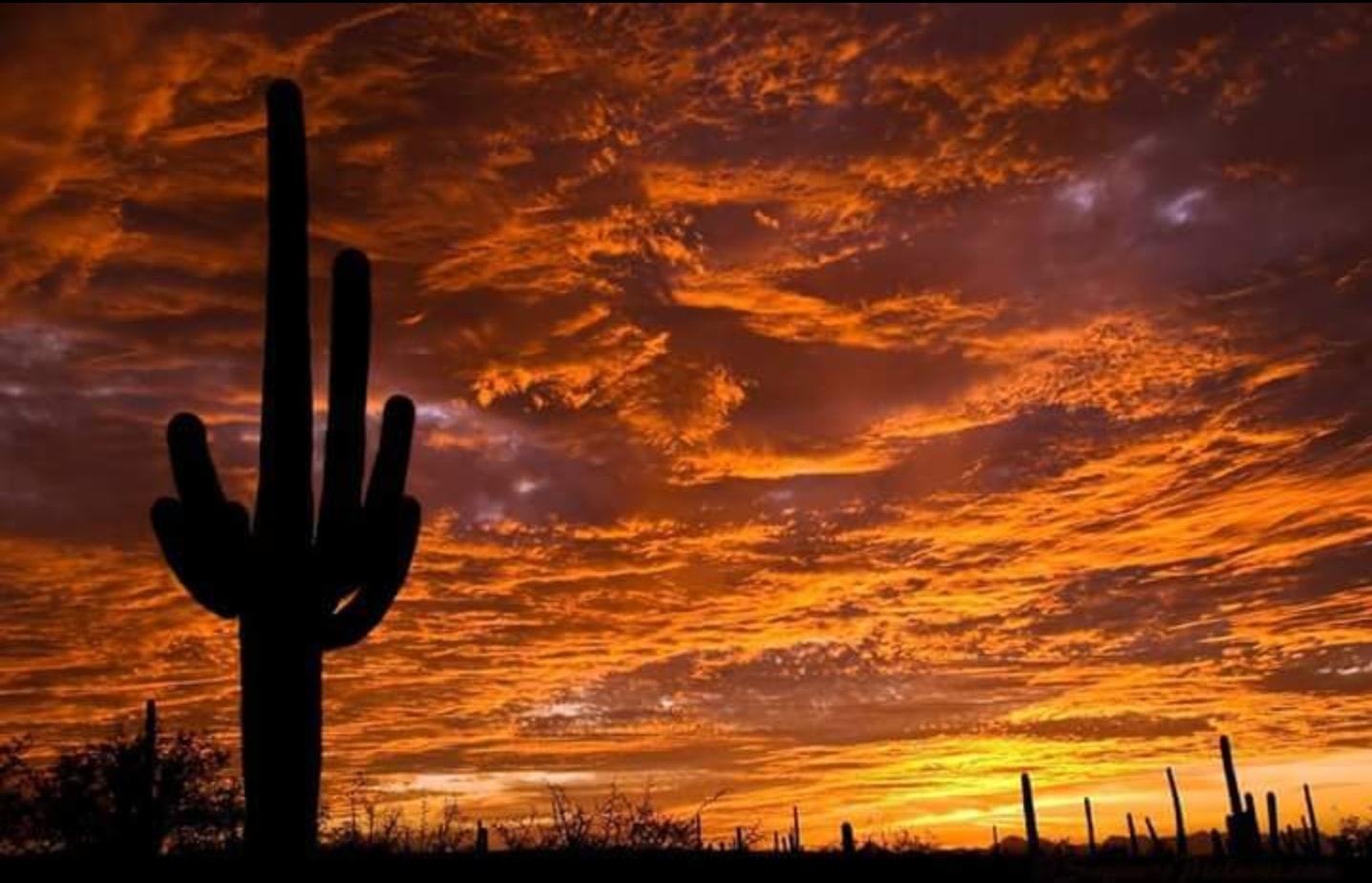 – Respect wildlife and the environment. The Sonoran Desert is home to many unique plants and animals that are adapted to survive in harsh conditions. Some of them can be dangerous or poisonous, such as rattlesnakes, scorpions, spiders, cacti, and thorns. Do not disturb or harm any wildlife or vegetation. Keep your distance and observe them from afar. Also, do not leave any trash or waste behind. Pack out what you pack in and leave no trace.
– Respect wildlife and the environment. The Sonoran Desert is home to many unique plants and animals that are adapted to survive in harsh conditions. Some of them can be dangerous or poisonous, such as rattlesnakes, scorpions, spiders, cacti, and thorns. Do not disturb or harm any wildlife or vegetation. Keep your distance and observe them from afar. Also, do not leave any trash or waste behind. Pack out what you pack in and leave no trace.
If you are looking for some other deserts to boondock in, here are some suggestions:
– The Mojave Desert in California is another popular destination for boondockers who want to explore Death Valley National Park, Joshua Tree National Park, or Mojave National Preserve. You can find free camping spots on BLM (Bureau of Land Management) land or in designated areas within the parks. The Mojave Desert is known for its diverse landscapes, from sand dunes and salt flats to mountains and canyons. However, be aware that this desert can also get very hot and dry, so bring plenty of water and sunscreen.
– The Great Basin Desert in Nevada is the largest desert in the US, covering most of the state. It is characterized by its basin-and-range topography, with alternating valleys and mountains. Boondockers can enjoy scenic views of snow-capped peaks, alpine lakes, wildflowers, and wildlife. Some of the best places to boondock in this desert are near Great Basin National Park or Ruby Mountains Wilderness Area. The Great Basin Desert has a cold desert climate, with hot summers and cold winters. Be prepared for changing weather conditions and high elevation.
– The Chihuahuan Desert in New Mexico is the second largest desert in North America, extending into Texas and Mexico. It is a high-altitude desert with diverse habitats, such as grasslands, woodlands, wetlands, and mountains. Boondockers can find free camping spots on BLM land or near attractions like Carlsbad Caverns National Park or White Sands National Monument. The Chihuahuan Desert is home to many endemic species of plants and animals, such as ocotillo, yucca, roadrunner, javelina, and pronghorn. The Chihuahuan Desert has a mild climate, with warm days and cool nights.
I hope these suggestions help you find some other deserts to boondock in.
Until next time…
“Enjoy The Pleasure of Getting Lost”


